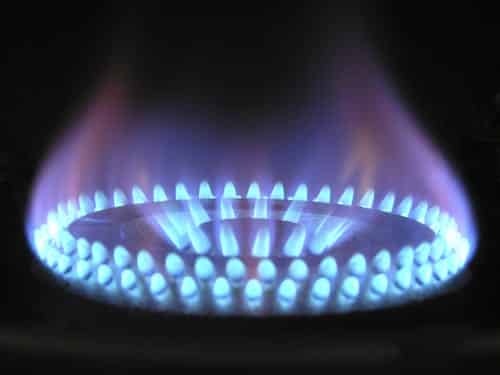Texas Adopts Weatherization Rule to Ensure Natural Gas Supply During Emergencies

The Texas Railroad Commission on Aug. 30 adopted a weatherization rule for natural gas facilities to ensure gas supply to power plants and avoid electricity disruption during weather events. The rule establishes Weather Emergency Preparedness Standards pursuant to Senate Bill 3 enacted in 2021 in response to Winter Storm Uri that affected the south-central U.S., causing widespread outages and forcing natural gas processing plants to shut down.
Under the rule, critical facilities on the Electricity Supply Chain Map must weatherize, and ensure sustained operation in the event of a weather emergency. In April, the state completed a map of critical infrastructure that can be used during emergency preparedness and response activities. The map will enable emergency management officials to pinpoint the location of critical facilities as well as their emergency contact information. The map identifies critical infrastructure facilities that constitute Texas electricity supply chain, including power plants and natural gas facilities that supply these plants.
The commission’s Critical Infrastructure Division will start inspecting wells and infrastructure from Dec. 1, 2022 in accordance with the electricity supply chain map. The RRC has recently digitized all its databases for oil and gas production which can further help them in prioritizing gas wells. This plan also includes building reliable and affordable natural gas-fired electric power plants in future with a growing population.
The operators violating the weatherization rule and do not proactively act on weather emergencies will be charged a fine which can go up to $1 million. If anything is outside an operator’s control, the commission advises that those constraints should be noted in the Weather Emergency Readiness Attestation. The commission also emphasized the need for adequate training to the personnel involved in weather emergency preparation and operations in compliance with health, safety of employees and protection of environment. In order to improve the methodologies, the commission advised the operators to have periodic discussions every year and highlight evidence-based adaptive management techniques for emergency operation plans.
EnerKnol Pulses like this one are powered by the EnerKnol Platform—the first comprehensive database for real-time energy policy tracking. Sign up for a free trial below for access to key regulatory data and deep industry insights across the energy spectrum.
ACCESS FREE TRIAL